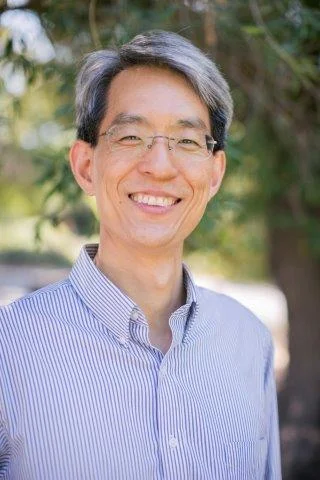South Korean Constitutional Change in Comparative Perspective
/Cheryl Saunders
In 2017, I participated in discussions about the implications of choosing between major and apparently lesser forms of constitutional change. The occasion was the Melbourne Forum 2017: a joint venture between the intergovernmental democracy assistance organisation International IDEA and the Constitution Transformation Network at Melbourne Law School. The Forum brought together more than 20 constitution building practitioners and scholars from across Asia and the Pacific.
Read More










![Xx1088_-_Seoul_city_nightscape_during_1988_Paralympics_-_3b_-_Scan [test].jpg](https://images.squarespace-cdn.com/content/v1/5af3f84a4eddec846552ea29/1527486925632-3VZP3ASLAHP1LJI0D9NJ/Xx1088_-_Seoul_city_nightscape_during_1988_Paralympics_-_3b_-_Scan+%5Btest%5D.jpg)
